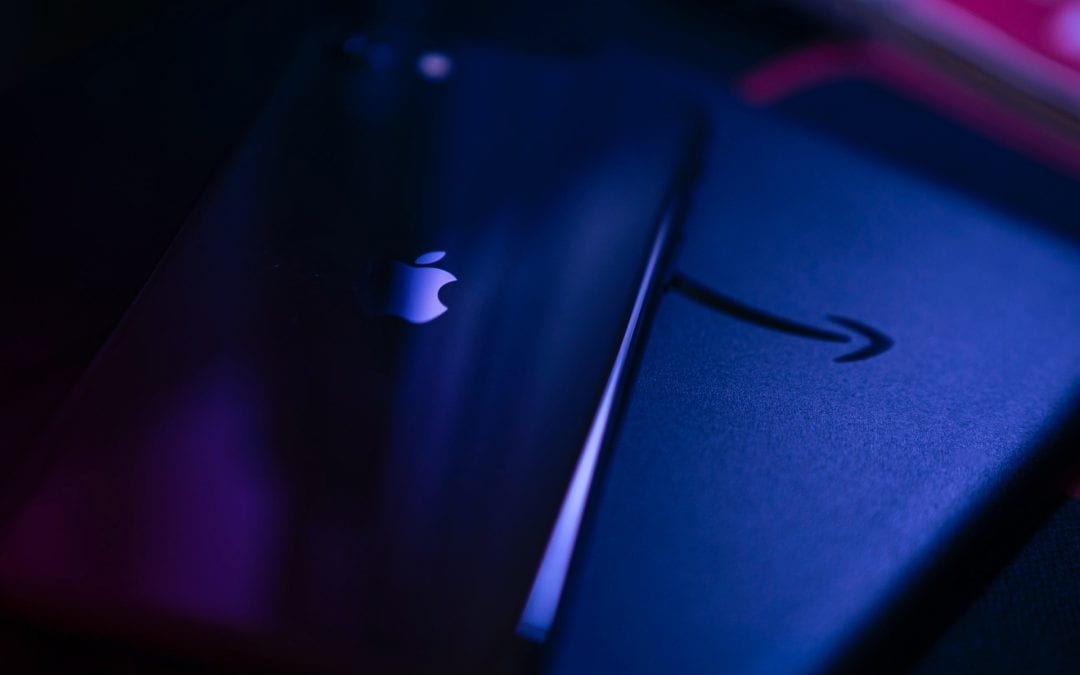Despite all the wonders that technology has increasingly brought – connecting people on the other side of the world throughout the COVID-19 pandemic, advancing medicine, and increasing productivity, just to name a few – there exists today, fairly little regulation of the behemoths who control this technology in the United States. Meanwhile, in September of this year, the European Union (“EU”) was able to pass landmark rules aimed at constraining some of the largest tech giants, such as Alphabet, Amazon, Apple, Meta, and Microsoft. Arguably the EU’s legislation is just a start, but the predictions it touts are admittedly better than the United States’ failed attempts to pass legislation to protect Internet consumers.
So What is Big Tech? And What Are the Issues it Creates?
Big Tech can best be understood as the dominant and largest technology companies in their respective sectors, with products and services that are used globally. Most notably, Meta (formerly known as Facebook), Alphabet (formerly known as Google), Amazon, Apple, and Microsoft, have affirmed their positions as the leading technology companies. These companies have been dubbed digital “gatekeepers.”
These “gatekeepers”, as well as others competing to reign supreme, have resorted to doing their best to exclude others from their market or industry, in an effort to defend themselves against any disruption to their preeminence, Big Tech, without strong regulation and restrictions, can influence politics, invade personal privacy, and may even be able to impose their own public policy with enough monopoly power.
Competition and Markets Authority, an organization working in the United Kingdom to promote competition for the benefit of consumers, completed a report that found Apple and Google had near-exclusive control over the “mobile ecosystem” which caused stifling of competition. This weak competition can have negative effects on innovation, user experience, privacy and safety, and prices.
European Union Legislation to Address Big Tech
EU lawmakers agreed to a new legislation in response to the competition and antitrust issues brought on by Big Tech,. The Digital Markets Act (“DMA”), passed on September 14, 2022, among other obligations, requires that Big Tech corporations open their services and platforms to third-parties, in an attempt to avoid the squeezing out of compensation. Specifically, Google will be asked to give users of their competitor, Android, access to Google Maps or Chrome browser. Apple will have to allow users to delete some of the pre-downloaded applications that currently cannot be deleted and additionally open its App Store to third-party payment systems. The rules of the DMA will prevent Big Tech companies from ranking their own products higher than others or reusing data that has been collected from others.
Furthermore, the DMA grants regulators broad investigatory powers. Violations of the DMA can be up to 10% of a corporation’s annual income, and up to 20% of its worldwide income for any repeat offense. If one of these corporations fails to comply, such as “by violating the rule at least three times in eight years,” the European Commission can open a market investigation.
The EU hopes that this legislation will give users more control over their choices when it comes to social media, messaging and other technologies. The legislation will only affect companies valued at more than 75 billion euros, annual sales of 7.5 billion euros and at least 45 million monthly users.
The DMA is expected to set the global standard for how Big Tech operates. Due to the EU’s large market, companies hoping to do business with the 27 members will have to abide by these new standards and may in effect standardize all of their many outposts for uniformity purposes. After a 6-month transition period, the legislation will begin taking effect.
Who’s next?
The EU’s announcement of the proposal for the DMA caused the United States to lose its claim to “international policy leadership in the tech regulation space. As such, there is a general understanding that, because the DMA was the first legislation passed to address gatekeepers and set the global standard for Big Tech regulation, the United States will have to adopt or follow similar rules laid out in the DMA.
Despite numerous meetings held by Congress and evidence showing the vast power that these corporations hold, the United States has been unable to take action to limit them. The Department of Justice (“DOJ”) filed antitrust cases against Google and Facebook, yet the complained-of problems continue as the cases are delayed for one reason or another. In addition, recent reporting shows that Apple is also likely to face an antitrust suit brought by the DOJ.
On September 29, 2022, the House approved antitrust legislation that would target Big Tech companies. The bill, however, is much more limited than what was originally proposed, likely due to extensive lobbying campaigns taken on by Big Tech themselves. The bill would still provide states the ability to choose the location of courts when bringing federal antitrust cases, as well as require that companies wishing to merge, to disclose subsidies received from countries deemed as economic risks to the United States, such as China.
If the DMA delivers tangible results, other countries outside of the EU will be inclined to follow in its footsteps. If it does not, perhaps even more restrictions are needed to squash the behemoth “gatekeepers”.
Author Biography: Gabrielle Hangos is a Moderator of the International Law Society’s International Law and Policy Brief (ILPB) and a J.D. Candidate at The George Washington University Law School. She has a Bachelor of Arts in Psychology and a minor in Political Science and Criminal Justice from The George Washington University.

